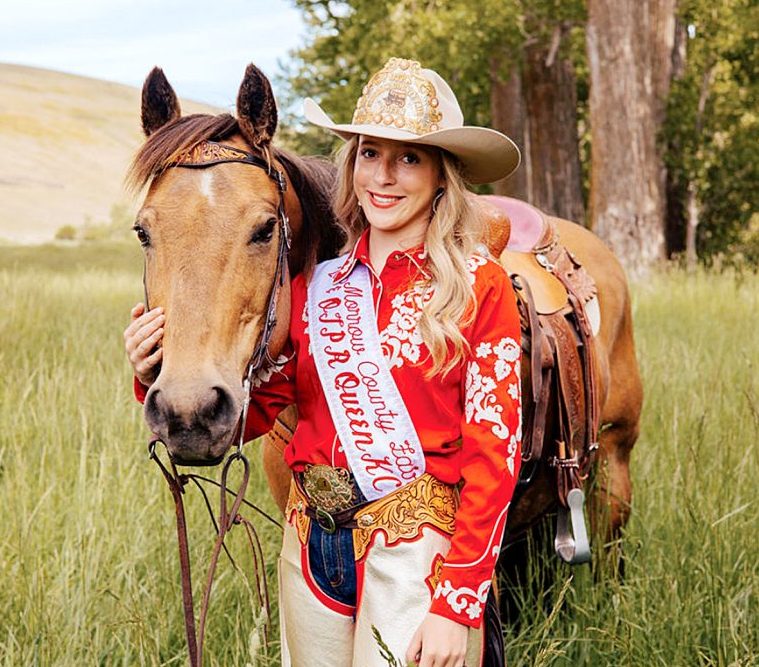Our view | Voters should vote to limit campaign contributions
Published 5:00 am Tuesday, September 29, 2020
Campaign finance reform seems like a no-brainer.
Everyone says they are for it — even the politicians and candidates who benefit from unlimited campaign donations. Oregon voters have approved limits by three statewide initiatives since 1994.
Trending
And yet, the money pours into campaign coffers.
As reported by our Oregon Capital Bureau last week, Gov. Kate Brown’s political action committee donated $50,000 to the Democratic secretary of state candidate, Shemia Fagan. Incumbent Treasurer Tobias Read’s three largest contributions are from out-of-state law firms, totaling $60,000. Incumbent Attorney General Ellen Rosenblum received over $138,000 from the Democratic Attorney Generals Association, $10,000 from Nike Inc. and a number of other large donations from businesses, law firms and labor unions.
There are many more examples of candidates from both major political parties all around the state accepting large donations.
For statewide ballot measures, there’s more big money rolling in. Multiple hospital systems and hospital associations have each donated between $500,000 and $3.29 million to the political action committees backing Measure 108, which would raise taxes on cigarettes, cigars, e-cigarettes and vaping devices and use that money to fund health programs.
How can Oregon allow unlimited contributions to candidates and ballot measures, if the voters first approved strict limits in 1994?
Well, Oregon’s Legislature never adopted these limits. In 1997, the Oregon Supreme Court said campaign limits violate the state’s constitutional protections for free speech.
Trending
Then, in 2006, Oregon voters passed Measure 47, capping donations for statewide races at $500 and donations for other races at $100. But voters simultaneously rejected Measure 46, which would have made these limits legal under the state constitution.
Then, this April, the Oregon Supreme Court decided that limits on campaign donations do not violate the state constitution. This ruling referenced a 2016 vote in Multnomah County that placed limits on contributions to candidates. (In 2018, Portland voters passed a similar measure.) Some believe this is a clear reversal of the court’s 1997 decision, and so allows contribution limits. Others believe it doesn’t go that far.
Before the May election, Oregon Secretary of State Bev Clarno and the Department of Justice decided that candidates can continue to accept donations that exceed the limits voters approved in 2006, 2016 and 2018. And the money keeps pouring in, in advance of the November general election.
So where does this leave us? Will Oregon continue to be without campaign finance limits, or will the voters’ will prevail?
Oregon voters: It is up to you.
On the November ballot, Measure 107 would amend the state constitution to allow laws limiting political campaign contributions and expenditures. We recommend a “yes” vote.
But that will just be the start. Then, it’s up to the Oregon Legislature, local governments and/or voters (by initiative) to set limits. Setting those limits should be a top priority for all Oregonians.









